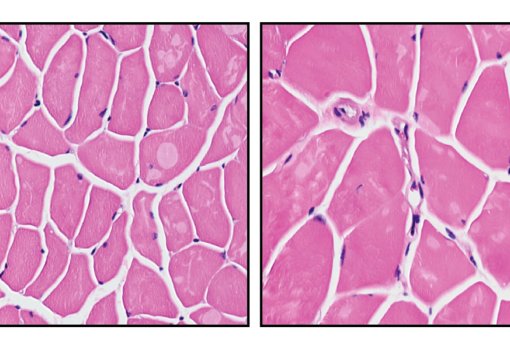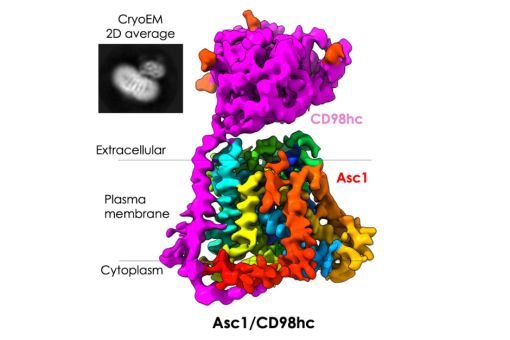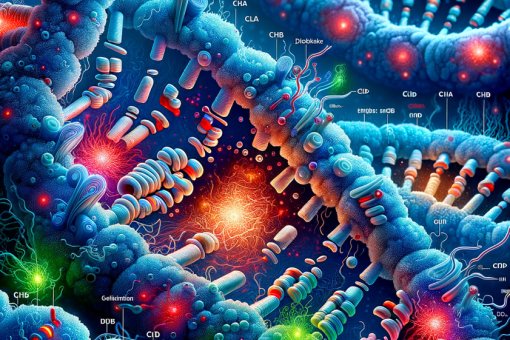Images
Contact

The analysis of the epigenome of more than 100 patients identifies the cells that give rise to the disease, opening avenues to improved diagnosis
The study reveals more than one million epigenetic alterations, an unexpected finding indicating that cancer cells undergo extensive epigenetic reprogramming.
The study, published today in Nature Genetics, pools together the results from the complete sequencing of the epigenome and the genome of leukemia patients, and offers a new perspective on cancer research. The researchers, which include Modesto Orozco, Josep Lluís Gelpí and Romina Royo, from the IRB Barcelona/Barcelona Supercomputing Center Joint Programme in Computational Biology, have identified the cells that give rise to the disease as well as new molecular mechanisms at play in its development, thereby improving diagnosis.
The research is conducted by the Spanish Consortium of Chronic Lymphatic Leukemia, and includes the participation of scientists from the European Consortium BLUEPRINT for the study of the epigenome. Over the past two years, the Spanish Consortium – which is part of the International Consortium on Cancer Genomes – has published two important papers in the journals Nature and Nature Genetics which have allowed researchers to map out genetically the mutations associated with the disease.
The State Secretary for Research, Development and Innovation of the Ministry of Economy and Competitivity, Carmen Vela, presented today together with the study coordinators – Carlos López-Otín, from the University of Oviedo and Elías Campo, from the Hospital Clínic and director of the study– Iñaki Martín-Subero, from the Universidad de Barcelona and the Institute for Biomedical Research 'August Pi i Sunyer', the latest results of the Leukemia Genome project. Also present was the director of the Institute for Health Carlos III, Joaquín Arenas.
The State Secretary for R+D+I highlighted the “importance of this study” and affirmed that projects like this “bear witness to the quality of our science and our scientists. Any advance in this area is important. When such studies are led by Spanish scientists, in addition to being important, they are also gratifying. Spain does quality research and we are working to make sure this continues in the future.”
Elías Campo recalled that Consortium’s previous work studied the mutations in the genome that are implicated in the development of leukemia. “In this new study,” he continues, “we have widened our perspective to include the epigenome. This has allowed us to identify the cells that give rise to this disease and new mechanisms involved in its development.”
The complete press release (in Spanish) is available from the State Secretary for R+D+I.
IRB Barcelona
L’Institut de Recerca Biomèdica (IRB Barcelona) treballa per aconseguir una vida lliure de malalties. Desenvolupa una recerca multidisciplinària d’excel·lència per curar el càncer i altres malalties vinculades a l'envelliment. Treballa establint col·laboracions amb la indústria farmacèutica i els principals hospitals per fer arribar els resultats de la recerca a la societat a través de la transferència de tecnologia, i du a terme diferents iniciatives de divulgació científica per mantenir un diàleg obert amb la ciutadania. L’IRB Barcelona és un centre internacional que acull al voltant de 400 investigadors de més de 30 nacionalitats. Reconegut com a Centre d'Excel·lència Severo Ochoa des de 2011, és un centre CERCA i membre del Barcelona Institute of Science and Technology (BIST).



